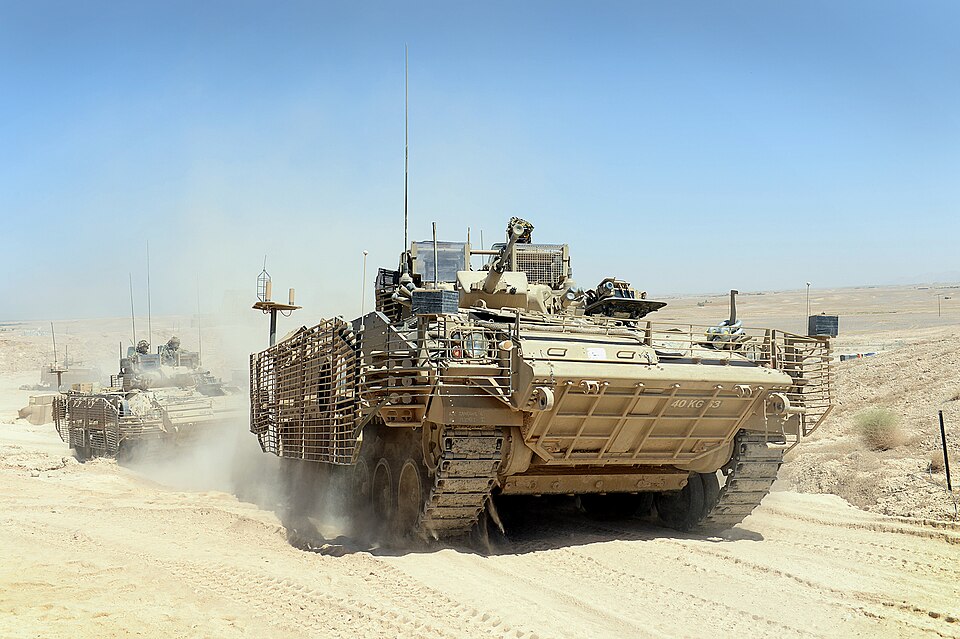
Defence Secretary John Healey says the UK’s upcoming defence review will send a “message to Moscow,” warning that Russia is conducting cyber-attacks on UK military networks daily.
Speaking on Sunday with Laura Kuenssberg, Healey said the review, due out Monday, would outline plans to deter increasing Russian aggression in what he called a “changing world.”
The review is expected to declare the UK faces a “new era of threat,” with Russia and China among the immediate and pressing dangers. It will include a £1.5bn investment in six new munitions factories, aimed at rebuilding the UK’s industrial base.
According to the Ministry of Defence, the funding will increase UK munitions spending to £6bn during this Parliament and create around 1,800 jobs. The new factories will focus on ensuring an “always on” production line for critical munitions and explosives, with the capacity to rapidly scale output. Long-range weapons such as drones and missiles will also be procured over several years.
The boost in spending follows Healey’s commitment to raise UK defence spending to 3% of GDP by 2034.
During a Saturday visit to a missile assembly site in Stevenage, Healey reiterated the review’s intent: “This is a message to Moscow. We’re strengthening both our Armed Forces and our industrial base – a key part of our readiness to fight if needed.”
Western military leaders have repeatedly warned of insufficient stockpiles. In a 2021 simulation, British forces reportedly ran out of ammunition within eight days. Former army chief Gen Sir Patrick Sanders has also expressed deep concerns about depleted artillery and missile stocks.
Russia’s cyber activity remains a key focus. Healey said there have been 90,000 cyber-attacks on UK military networks over the past two years, many of them from Russian sources.
To bolster cyber defences, the review will recommend the creation of a new “cyber and electromagnetic command,” which will work alongside the National Cyber Force to lead both defensive and offensive operations — including disabling enemy drones, jamming communications, and intercepting military signals.
Despite the investment, Healey indicated the army’s overall size is unlikely to increase before the next general election. His first priority, he said, is reversing the personnel decline seen under previous governments, with a target of reaching 73,000 full-time soldiers in the next Parliament.
Debate over defence spending targets
Labour leader Sir Keir Starmer has pledged to increase defence spending to 2.5% of GDP by 2027, up from the current 2.3%. The Conservatives have called for the 3% target to be reached sooner, and Liberal Democrat leader Sir Ed Davey criticised Labour’s 2034 timeline as showing a “complete lack of urgency.”
Healey also declined to comment on reports that the UK is considering buying US-made combat aircraft capable of launching tactical nuclear weapons — smaller warheads than traditional nukes. While the government has not confirmed such plans, Healey defended the UK's nuclear capabilities as “the ultimate guarantee of security” and something Putin “fears most.”
Former top civil servant Sir Simon Case added that diversifying launch methods for the UK’s nuclear arsenal would provide greater resilience, noting that most nuclear powers rely on multiple systems rather than a single platform. Photo: Sgt Dan Bardsley RLC (Phot)/MOD, Wikimedia commons.




































